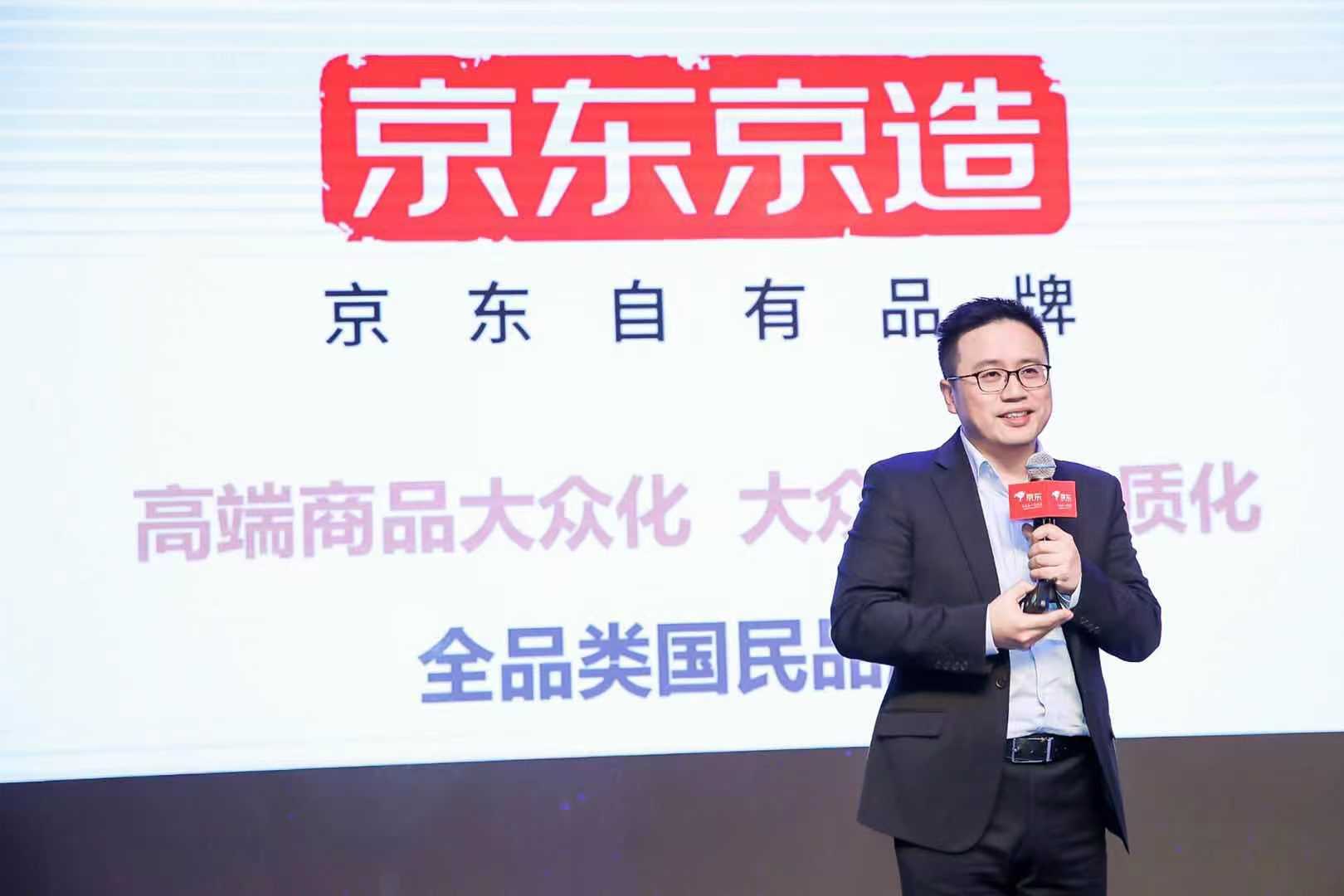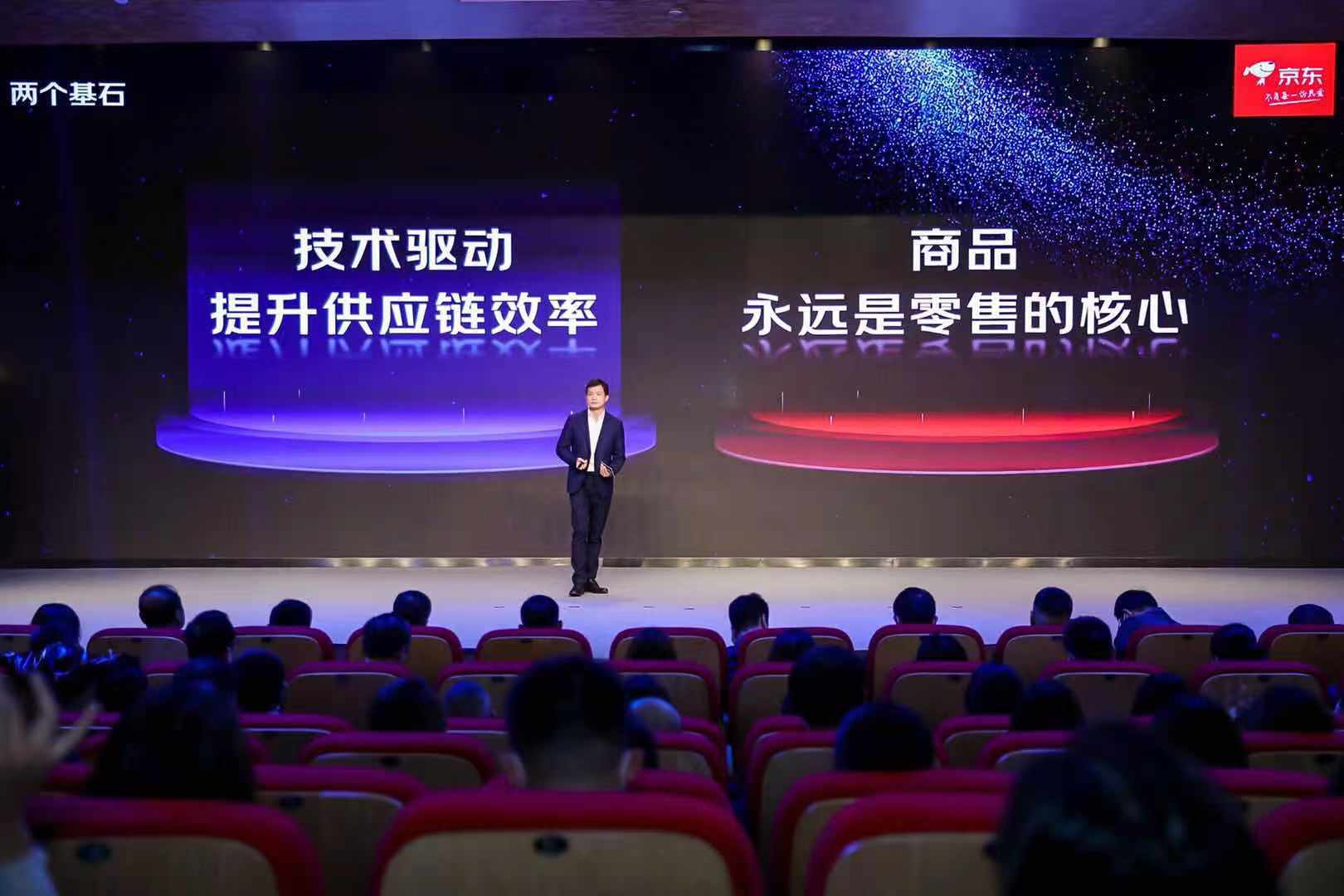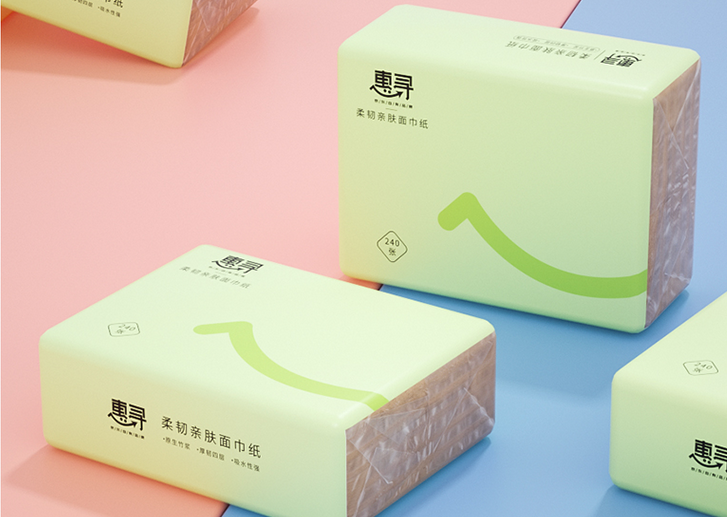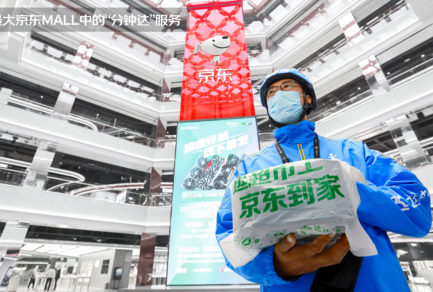Jan 5, 2021|
Providing One More Reliable Choice for Customers with Private Label Brands
by Rachel Liu
We are living in a world full of different kinds of brands, some of which are big and have gained a reputation around the world. You may have a “go-to” brand for cellphones, baby diapers or hair shampoo, but do you stick to a brand when it comes to pillows, towels or liquid soap? Can you even name more than three brands for those products?
When customers are not sure about brands, here comes the opportunity for private label brands. Retailers around the world are launching their own private label brands. Walmart has Marketside, Great Value, George and more; Costco has Kirkland, and Chinese supermarket chain Yonghui has “Super Select”. In 2020, the market size of private label brands increased by 22.7%, which is over 12 times compared with the consumer goods market (1.8%), according to the white paper on private label brands by the Daymon Worldwide Shanghai branch and Kantar Consumer Index of U.K.
The white paper also shows that the private label market in China has a lot of potential. Nearly 90% of customers have the intention to try private label products, and over 50% of them haven’t tried one before. JD’s private label brand is growing well too. One of the brands, Jing Zao (literally means made by JD), saw its number of customers and orders increase four times year-on-year.
Why does JD want to develop private brands? On one hand, it will benefit customers, providing them with richer product choices with competitive prices. On the other hand, it is transforming the traditional retail industry, and helping manufacturers achieve digital transformation.
“When you don’t know what brand to buy, choose Jing Zao”
This is from Tom Tang, head of Jing Zao, the leading private brand of JD Original, JD’s private label brand business. Other private brands of JD include Hommy, focusing on home furnishing brands; LATIT, focusing on sports-related products; and Huixun (literally means seeking discounts), which targets customers from lower-tier markets.
For Tom, what Jing Zao is doing, or more generally, what JD Original is doing, is making high-end products more affordable, and improving the quality of daily use products.

This comes from Chinese customers’ real demands. The rising middle-class customers are constantly looking for a comfortable and high-quality lifestyle. What’s more, the desire for a “better lifestyle” is spreading to a larger customer base. Chinese society is experiencing a consumption upgrade.
Before, maybe only bigger brands were associated with higher quality, but working directly with factories to develop products enables JD to have strong control over the product quality. Also, without the layers of the dealer network, high-quality products can be sold for cheaper prices. Customers usually do not have strong brand loyalty to products such as slippers, chargers, tables, towels, napkins, etc… As long as the products are of high quality, customers are open to trying various brands.
The model allows more customers to enjoy the fruits of the consumption upgrade. For example, products like smart locks, fascia guns and rowing machines may appeal to some customers who want to enjoy a better lifestyle, but are generally too expensive. However, with the help of JD’s strong supply chain, the products that Jing Zao develops can have prices which are half or even lower when compared with branded products. This year, Jing Zao launched its first laptop product JD Book. The laptop is only around RMB 2,000 yuan, and has 2 years of maintenance service provided by JD. Its competitive price and decent performance make it very popular among students and young customers.

The motive of JD to develop private label products is to better meet customers’ different demands. JD’s first “product” for one of its private label brands is not even a physical product, but a service. It was launched in March 2012, and is a service to help customers solve computer problems remotely. At that time, when customers bought computers, it usually was not installed with software. Many customers didn’t know how to set them up, and needed to call for help. The first product of “Do Style” (the name for JD’s private brand at that time) is a service sold for around RMB 100 yuan to help customers install software through phone calls.
After the first product, “Do Style” moved to physical products and worked directly with factories to make improvements. Jointly developed products include a wireless vacuum cleaner, which saw a significant search increase on JD at that time. That was in 2014, when most Chinese families were using cheaper wired vacuum cleaners. Wireless cleaners are more expensive, but also more convenient and flexible to use. JD worked with factories to develop a wireless vacuum cleaner with bigger batteries, which can be disassembled into smaller parts to clean desks and closets. Because of working directly with factories, the product was sold for half the price of the usual wireless vacuum cleaners.
In 2017, Jing Zao was established, which is JD’s private label brand that covers full categories, including electronic products, clothing, food, kitchen utensils and health protection products. Now it has over 10 million users, and already created many best-selling products. During this Singles Day, sales of wood children’s desk sets from Jing Zao reached over RMB 20 million yuan. Huixun has also served 25 million customers since its launching. A tissue package from Huixun saw over 1 million orders made during the last Singles Day.
Having private label brands also benefits JD in being able to provide a better shopping experience. For categories like home furnishing, clothing and kitchenware , the brands and products on the JD platform are not as rich and competitive as categories like electronic or consumer goods. With private label brands as supplements for those categories, customers will have richer choices when shopping on JD.
Making the Retail Supply Chain a Value Chain
Developing private brands can not only benefit customers, but also benefit the digitalization of manufacturers and improve the efficiency of supply chain. “By creating private label brands, we hope to support the manufacturers and add more value on the retail supply chain,” said Xiaosong Wang, vice president of JD and head of JD Original.
This matches with JD’s effort of building a digital intelligent supply chain, which uses digitalization and smart technology to optimize the cost, efficiency and experience of each industry through building a smarter supply chain. By reconstructing the process on each supply chain and leveraging social resources, the agility and efficiency of the supply chain can be improved.
“By working directly with manufacturers, we can shorten the supply chain, which means the improvement of efficiency, and better use of social resources,” said Mr. Tang. “It has shortened the information chain. Traditionally, customers’ demands and feedback needed to go through dealers, brands and then finally to manufacturers. Now we have connected manufacturers with customers directly and cut the middle process. The logistics process needed to move the products is also cut short and has become more efficient.”
“The true value behind developing private label brands is that we can use e-commerce to transform the traditional retail industry,” said Mr. Tang.
The manufacturers need the transformation too. In the past, the manufacturers only received orders from clients, and after they finished production, their job was done. They didn’t know whether the customers liked the products, or how they might want to improve them. All the information they had come from their clients, the brands, which was usually filtered. Now JD can directly share related information on the market to help manufacturers eliminate the businesses and products that fall behind customer demands.
“We are happy to work with JD’s private brands to produce hot-selling products,” said Wilson Zhu, COO of Li & Fung, which JD invested in this year to cooperate deeply on private label brands. “Though we have over 100 years’ of experience in the industry, still, not every manufacturer has the ability to achieve digital transformation. JD has provided a shortcut for us.”
A good example is the transformation of Feibang group in Zhejiang province. Feibang used to be a manufacturer for electric tools, but it had laid eyes on developing fascia guns, which has similar construction to electric tools, and has become popular among Chinese consumers these years. This April, LATIT started to work with Feibang to develop fascia guns based on the preference of JD customers. In the first four months of launching, sales of the fascia gun surpassed RMB 10 million yuan.
The fast transformation also benefited manufacturers during COVID-19. Lanpiao Group, a leading Chinese company in producing tissues, saw its export business heavily impacted during the pandemic and had to find new opportunities in the domestic market. Seeing that the lower-tier markets have a strong demand for cheaper tissues made of bamboo pulp, Lianpiao decided to work with JD’s brand Huixun to develop a C2M tissue. Leveraging JD’s supply chain and sales channel, the two sides worked directly without a dealer and quickly launched the products on JD. In just six months, sales of the product surpassed RMB 100 million yuan, which has far surpassed sales of Lanpiao’s entire export business in 2019.
JD has identified ten processes in the retail chain. The first five include creation, designing, R&D, manufacturing and set price. The last five are marketing, selling, inventory, logistics and after sale service. JD Original is one of the key chances for JD to go from the downstream chains in retail to the its upstream chains. With JD’s capabilities, it can help manufacturers have a deeper understanding on customers, expand the market and develop more competitive products.
In December 2020, JD Original announced that it will provide integrated solutions for high-quality factories by opening its abilities on product selection, brand development, customer operations and sale channels, aiming to create a customer-centric model to provide customers what they want and help manufacturers achieve digital transformation, creating a more efficient retail ecosystem.



 This Harbin tourism boom has also spurred a surge in sales of winter apparel. JD.com’s data indicates a rapid growth in the sales of warm clothing items such as down jackets, snow boots, and thermal underwear between January 1st and 7th. The sales growth is especially pronounced in southern provinces and cities such as Jiangsu, Zhejiang, Guangdong, Sichuan, and Shanghai. Notably, tall snow boots registered a 206% year-on-year increase in transactions, while padded cotton caps and thickened long down jackets soared by 158% and 134%, respectively. Beyond clothing, travel gear has also seen a considerable uptick, with a 98% year-on-year growth in transactions for large suitcases and travel backpacks in these southern regions.
This Harbin tourism boom has also spurred a surge in sales of winter apparel. JD.com’s data indicates a rapid growth in the sales of warm clothing items such as down jackets, snow boots, and thermal underwear between January 1st and 7th. The sales growth is especially pronounced in southern provinces and cities such as Jiangsu, Zhejiang, Guangdong, Sichuan, and Shanghai. Notably, tall snow boots registered a 206% year-on-year increase in transactions, while padded cotton caps and thickened long down jackets soared by 158% and 134%, respectively. Beyond clothing, travel gear has also seen a considerable uptick, with a 98% year-on-year growth in transactions for large suitcases and travel backpacks in these southern regions.
 JD Auto’s Super Day Data Revealed Consumer’s Shopping Patterns
JD Auto’s Super Day Data Revealed Consumer’s Shopping Patterns



